California lawmakers are trying to push for a full plastic ban at all stores in the state in an effort to combat plastic pollution problems.
Already, the state has passed a ban on thin plastic bags being given out at grocery stores. This latest attempt has come about as lawmakers try to close up a loophole in the previous law.
Two Bills Against Plastic Bags
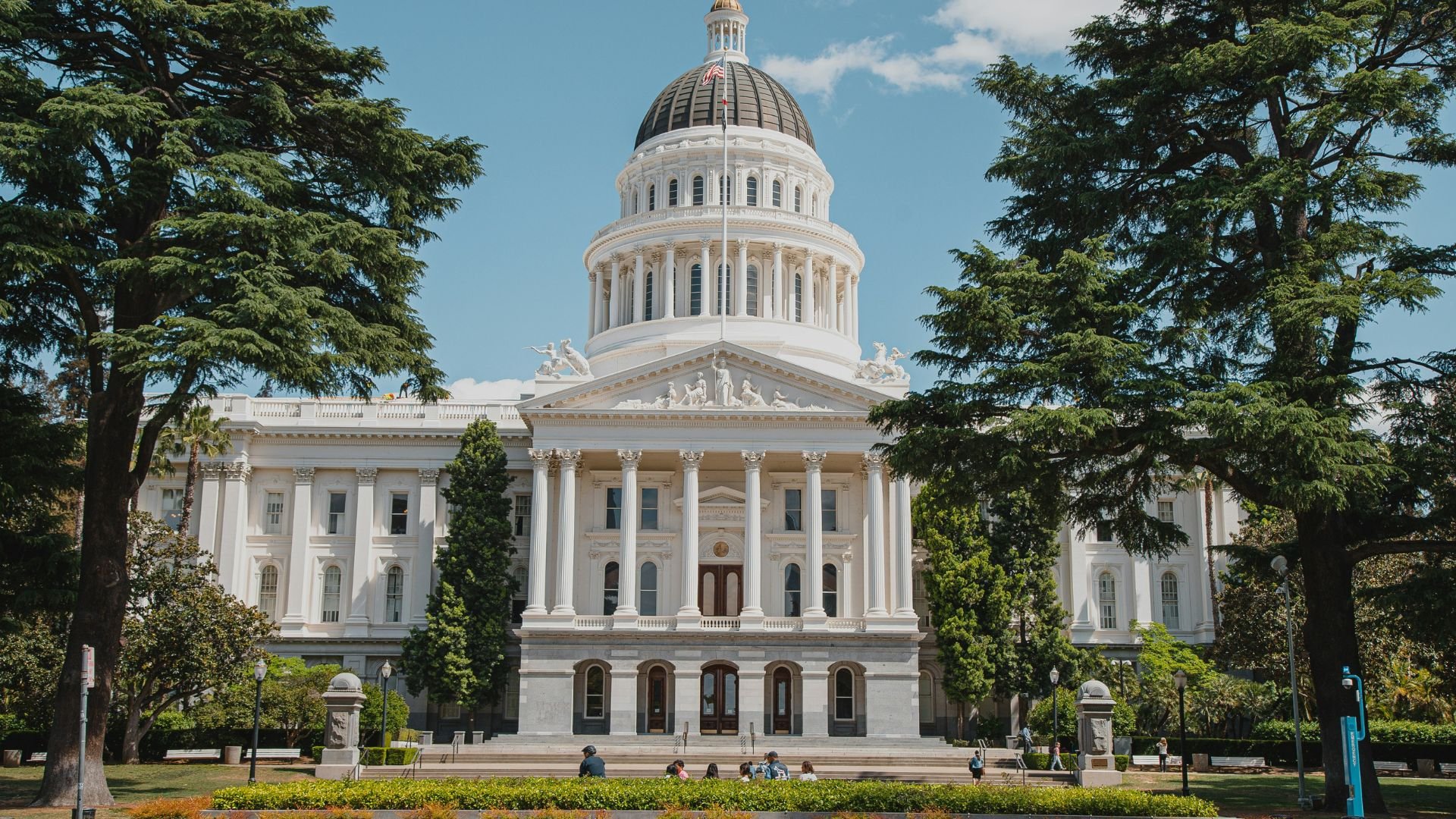
Two different bills have passed through the State Senate this week by lawmakers who are looking to close up a loophole in a previous plastic bag ban.
The Senate Bill 1053 was approved in a 30-7 vote. This bill will now move to the State Assembly. The State Assembly, however, has already passed a similar bill, the Assembly Bill 2236, in a 51-7 vote.
Eliminating “Reusable” Plastic Bags

Both of these separate bills aim to fully eliminate the use of plastic bags at stores in California. A law was previously passed that was supposed to do exactly this.
However, a loophole was found, and stores began to use thicker “reusable” bags that were made out of plastic film. This original bill also agreed to let stores provide 40% recycled material paper bags. Now, that has been changed to 100% recycled material.
Targeting Plastic Bag Waste
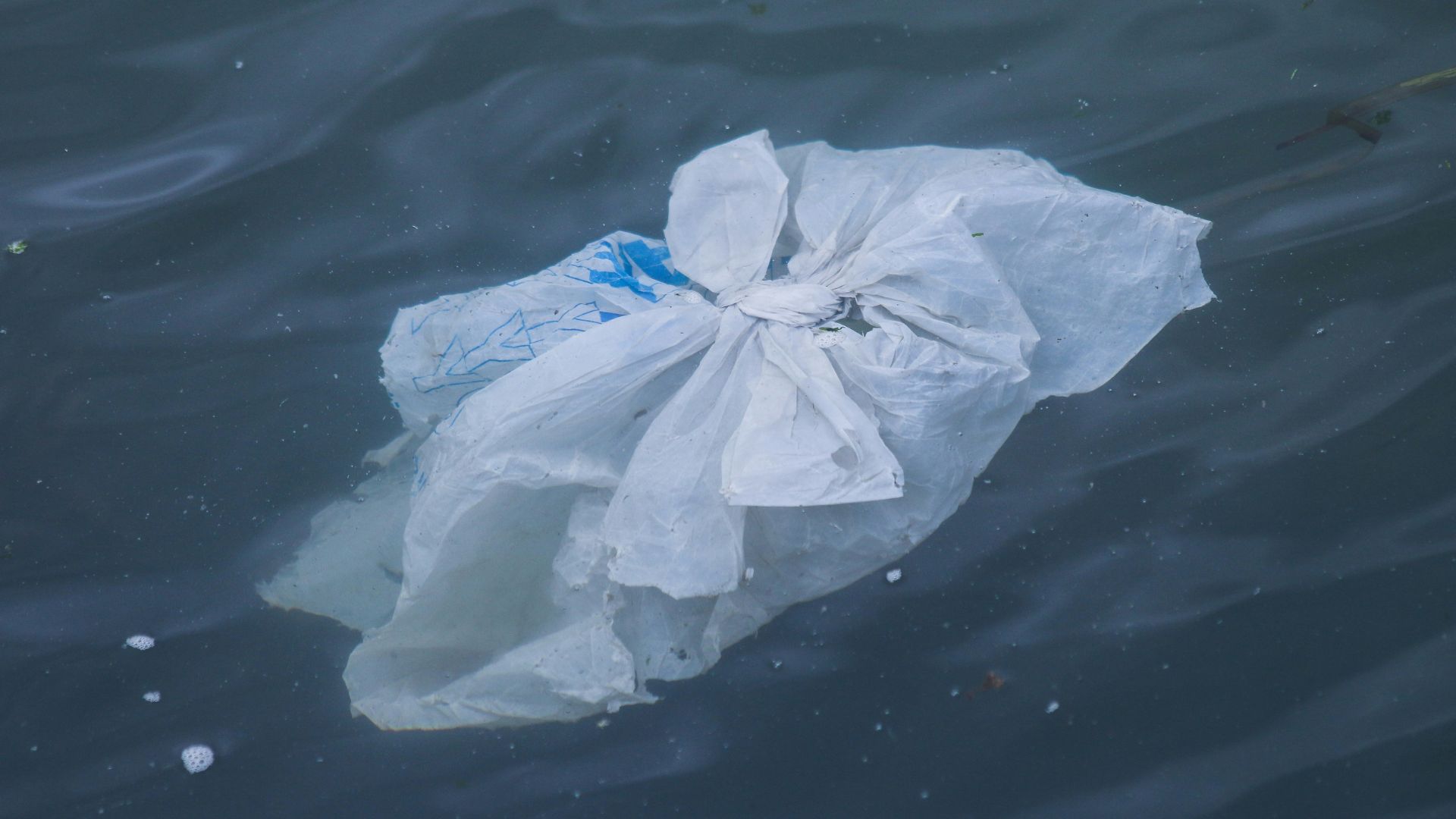
The initial law that was passed years ago was supposed to eliminate the massive plastic bag waste that was seen throughout California. However, plastic bag waste hasn’t gone down at all, thanks to many stores simply giving out thicker plastic bags.
These two new bills have further pushed for this plastic waste issue to be solved by banning all plastic bags from being given out in stores.
Looking at the Original Ban

California Senator Catherine Blakespear has opened up about how this original ban didn’t successfully work.
“California’s original ban on plastic bags hasn’t worked out as planned, and sadly, the state’s plastic bag waste has increased dramatically since it went into effect,” Blakespear explained. “California must do its part to eliminate this scourge that is contaminating our environment.”
The Original Bill
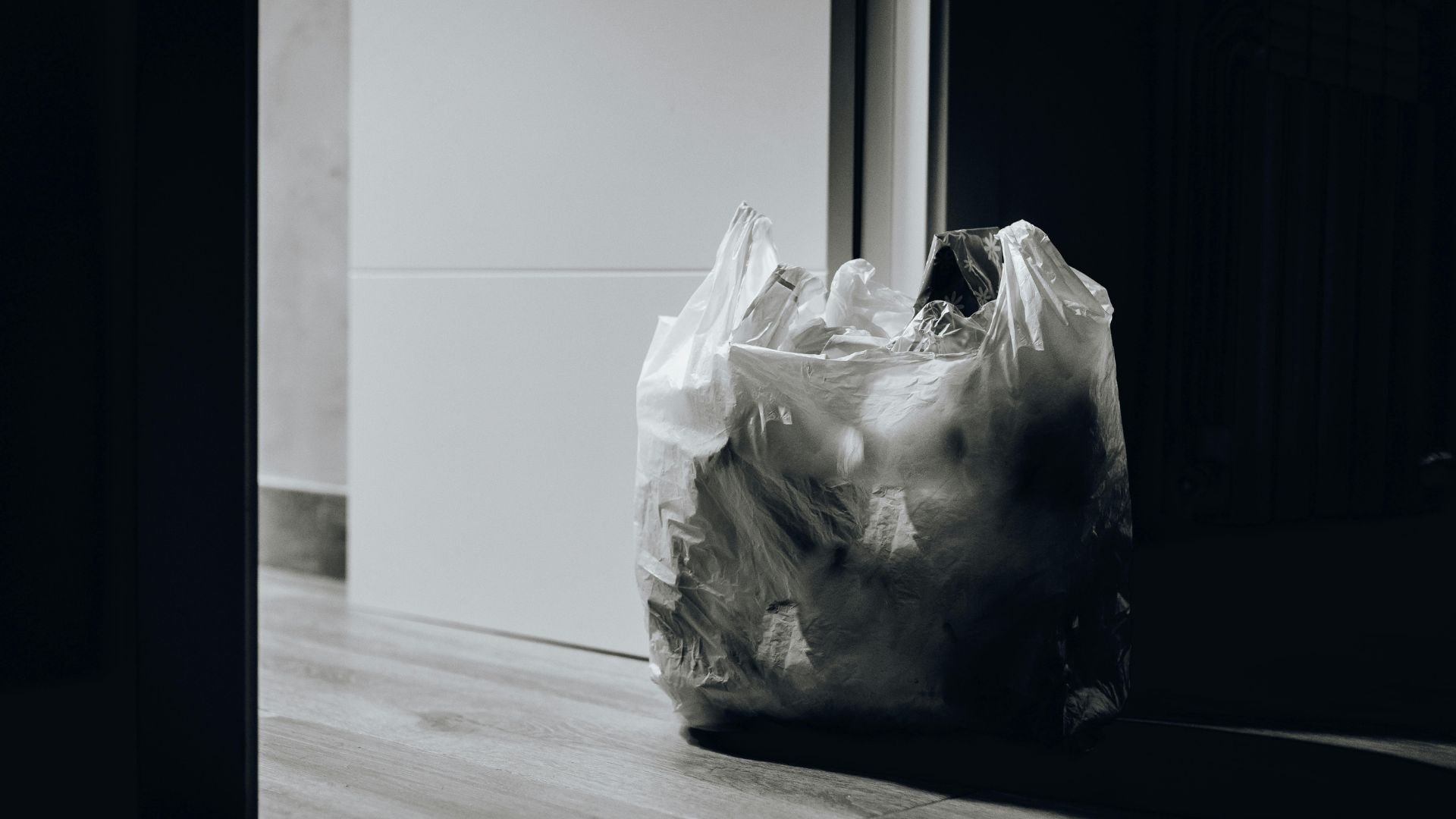
In 2016, California first passed a bill into law that banned single-use plastic bags from being offered at local stores.
However, this initial law allowed retailers to use thicker plastic bags as an exception, as these options were thought to be reusable and recyclable.
Thicker Plastic Bags Aren’t Recyclable

However, an effort to change this bill was accelerated last year after CalRecycle determined that these thicker plastic bags were not considered recyclable.
As the intention of the initial law was to stop plastic waste, lawmakers realized that a change needed to be made to close up these loopholes.
A Massive Increase in Plastic Waste
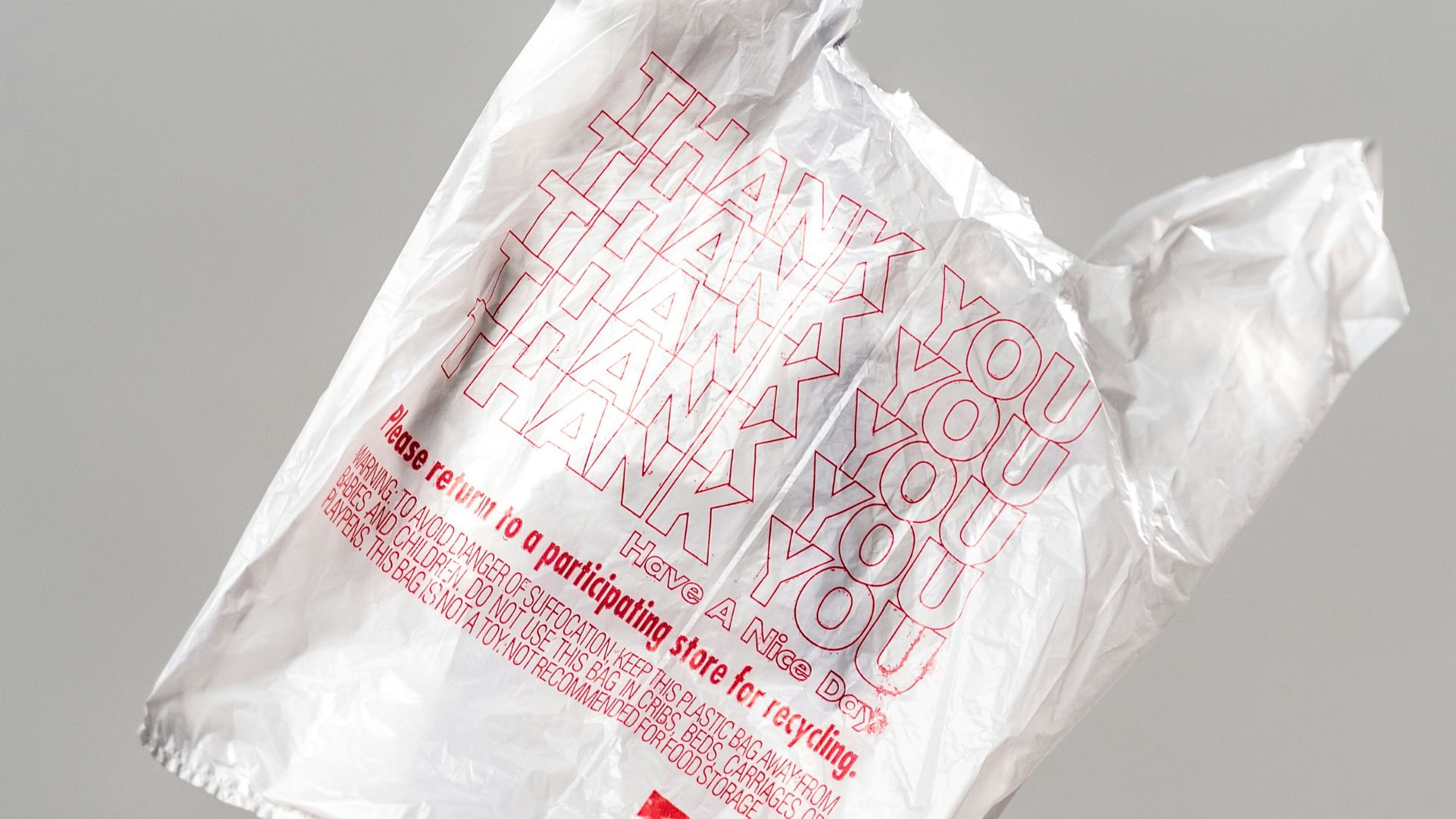
Recent years have seen a huge increase in plastic waste up and down the coast of California. According to CalRecycle, waste as a result of plastic grocery bags has increased by about 47%.
This increase has happened even with the ban on single-use bags.
Limiting Plastic Waste
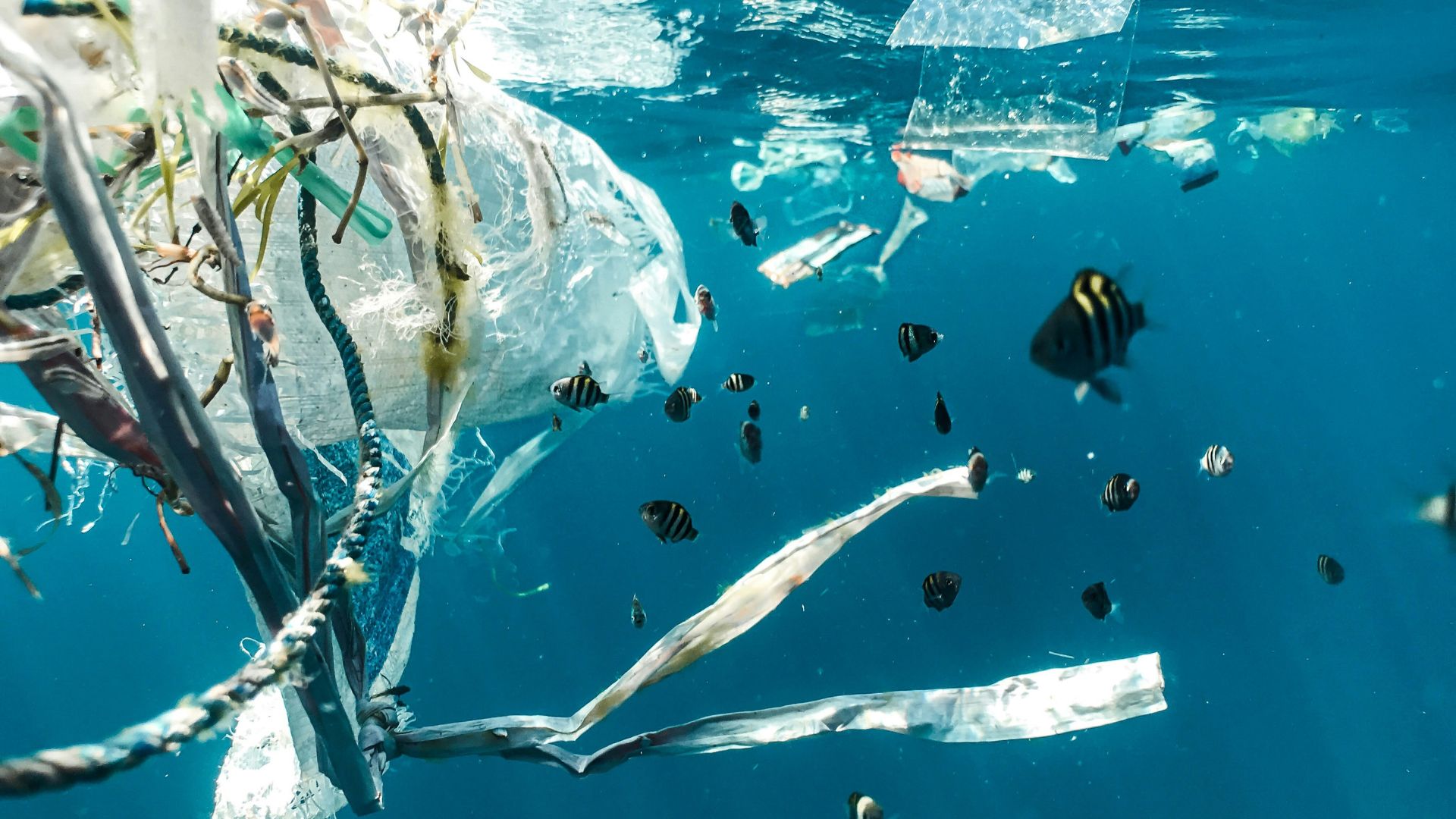
Many advocates have pushed for these new bills in an effort to limit plastic waste. Jenn Engstrom, the state director of CALPRIG, explained how these thicker bags have polluted California.
“Plastic companies mass-producing thicker bags circumvent the law’s intent,” she said. “Then, inevitably, discarded bags pollute our communities and environment. We’re thankful the state legislature is taking action to finally ban plastic grocery bags once and for all.”
Critics of This New Bill
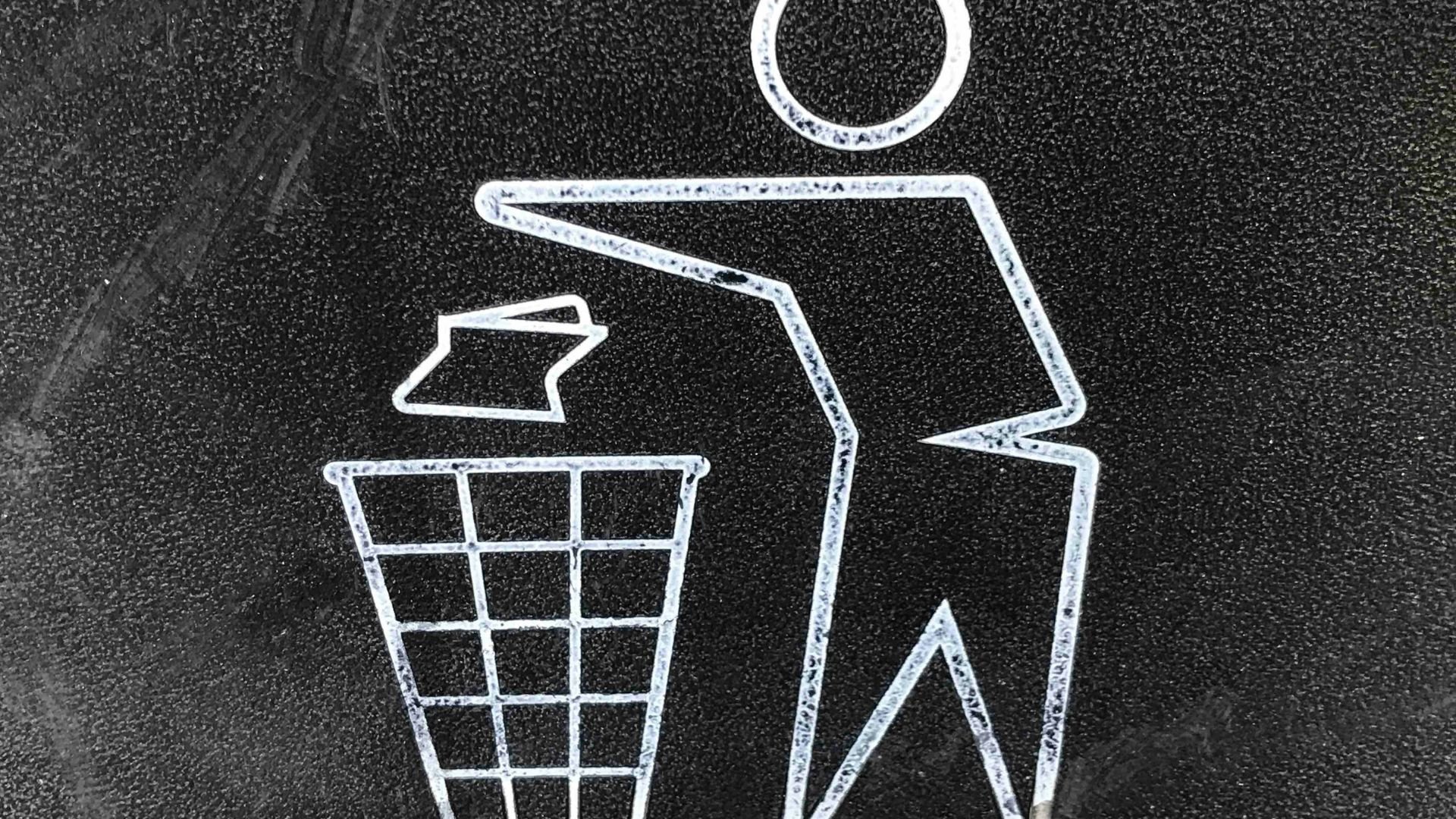
There are some critics of these two new bills that have been pushed ahead by many California lawmakers.
For the most part, the most vocal detractors of these bills are plastic manufacturers and recyclers.
Potential Consequences?
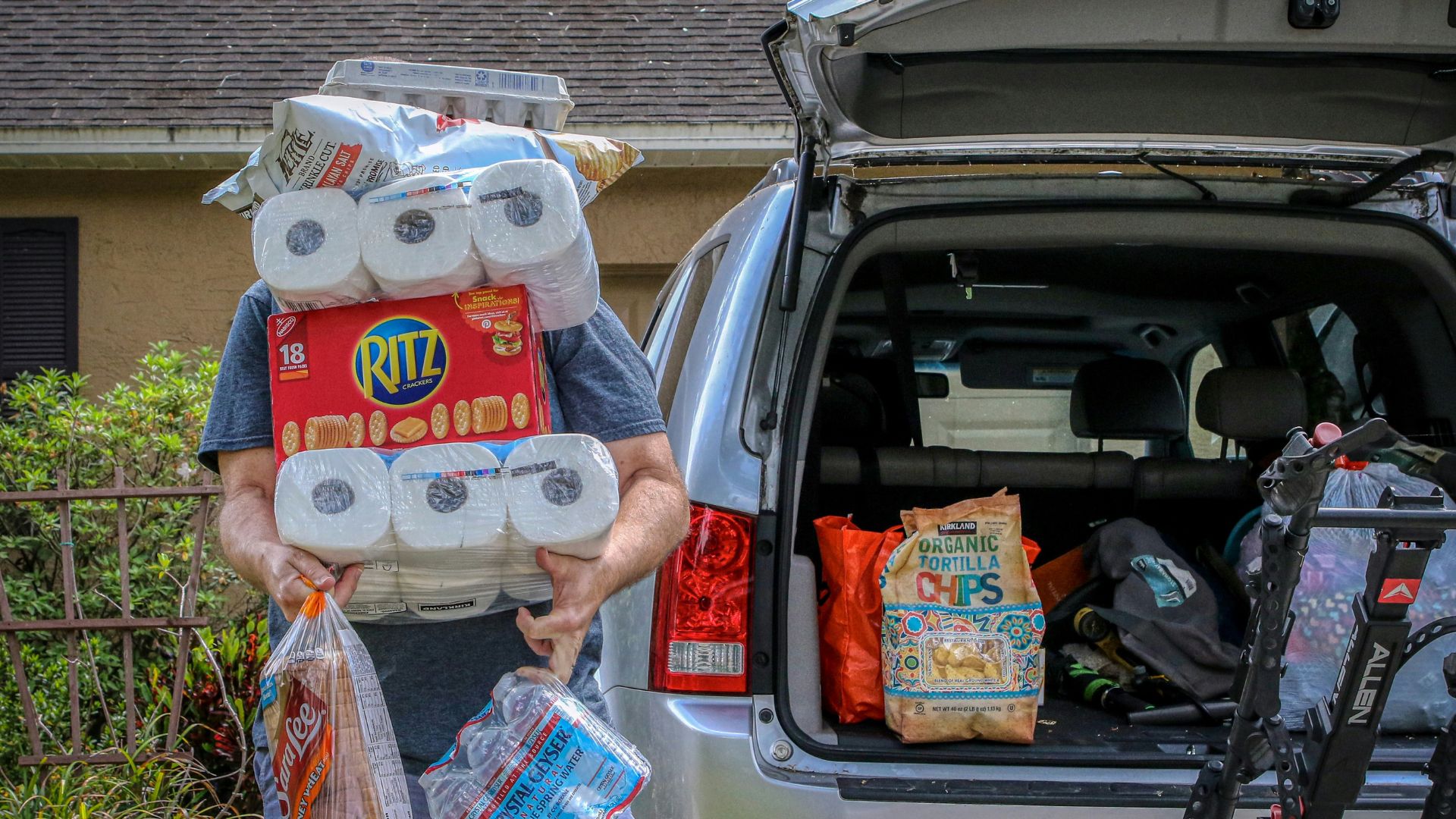
According to these detractors, these new bills could result in potentially unintended consequences, such as the end of some green manufacturing groups.
This could also harm a “viable avenue for recycling flexible packaging”, according to these critics.
When the Bill Could Become Law

As it appears that California lawmakers will fully ensure these two bills are passed, a revised version of the bills may end up on Governor Gavin Newsom’s desk sometime this year.
Both of the state legislatures’ houses will have to pass the bills by August 31. Then, Newsom could sign them into law by September 30.
